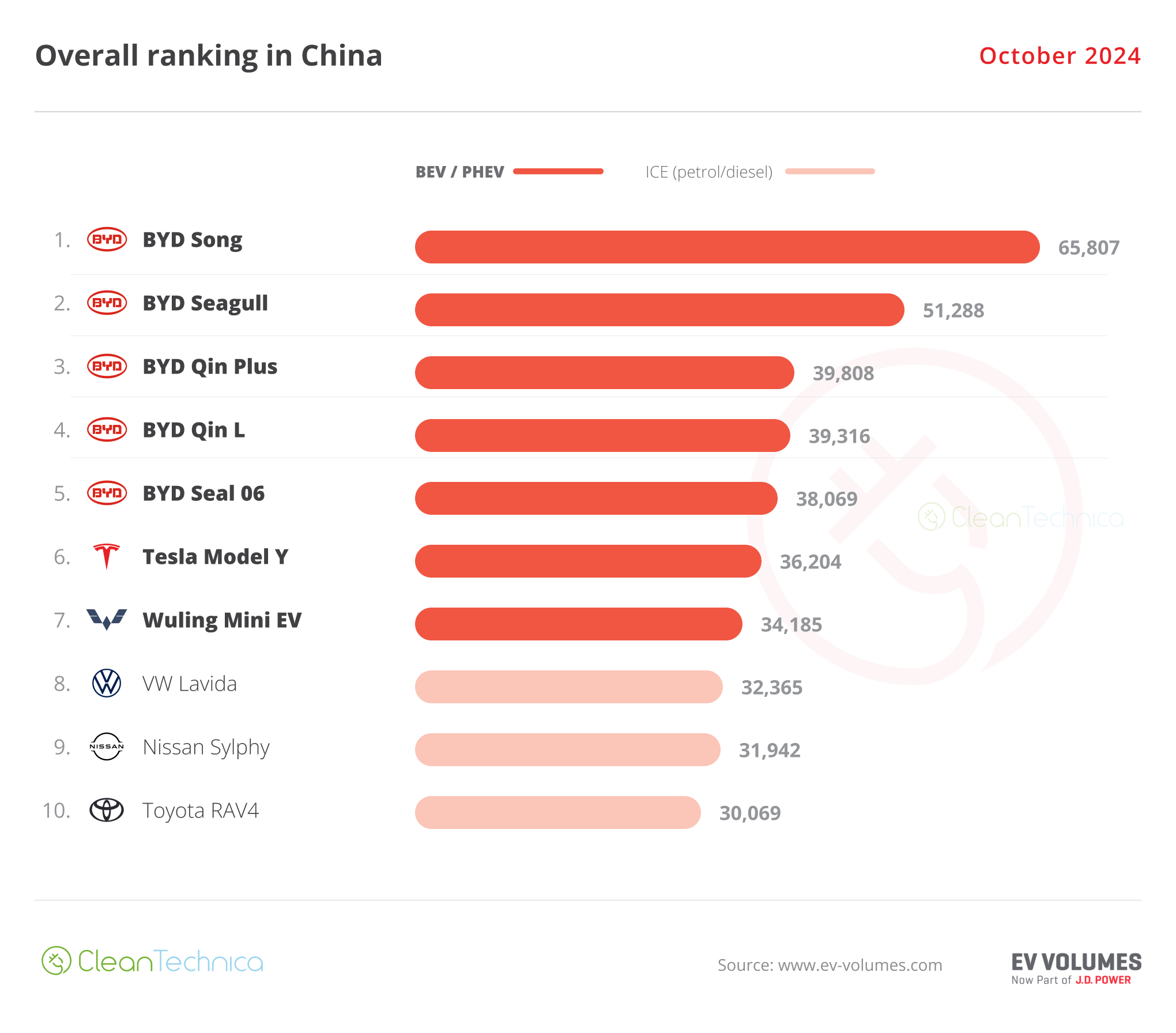The draft regulations are set to be published as soon as October and will “definitely” be released before a United Nations climate conference in Dubai that kicks off Nov. 30, Environment Minister Steven Guilbeault said in an interview.
The emissions cap, first promised in Trudeau’s 2021 election platform, is meant to ensure Canada is progressing toward its climate commitments. But regulating energy-sector emissions is certain to prompt a fight with the conservative provincial government in Alberta, where most of Canada’s oil production is located.
The industry’s response to the cap will depend on the details of Guilbeault’s proposal. He initially aimed to publish draft regulations in the spring, but they have been delayed as the government wrestles with the balance of reducing emissions without imposing production cuts.
Last year, the environment minister published an emissions reduction plan that foresaw a 42% reduction in oil and gas emissions by 2030 — a target that oil industry groups have argued is too restrictive. However, Canadian officials have also said the 42% figure was a modeling exercise, and in practice the share of each sector’s emission cuts by 2030 could look different.
Guilbeault said the government has had productive conversations with energy companies and he believes they will get to a mutually acceptable plan.
“It’s no secret, generally speaking, that industry isn’t particularly fond of government coming up with new regulations,” said Guilbeault, speaking by phone from China, where he is participating in environmental talks. “But I think by and large, industry understands that we need to tackle emissions, that the world is de-carbonizing whether they like it or not, and they can either be part of the solution or the solution will be imposed upon them.”
Trudeau’s government is betting heavily on carbon capture and storage to meet its climate goals, promising C$12.4 billion ($9.2 billion) in tax credits for the technology until the middle of the next decade.
The emissions cap regulations are set to land as some fossil-fuel companies, including Suncor Energy Inc., refocus on their core oil business and reduce their emphasis on long-term renewable projects.
Guilbeault said the strongest opposition has come from a few provinces, though he declined to name them. A statement from Alberta Premier Danielle Smith this week left little doubt as to her government’s position, as she slammed “an emissions cap that will effectively force energy companies to cap their oil and gas production.”
“We would strongly suggest the federal government refrain from testing our government’s or Albertans’ resolve in this regard,” Smith said.
Share This:




